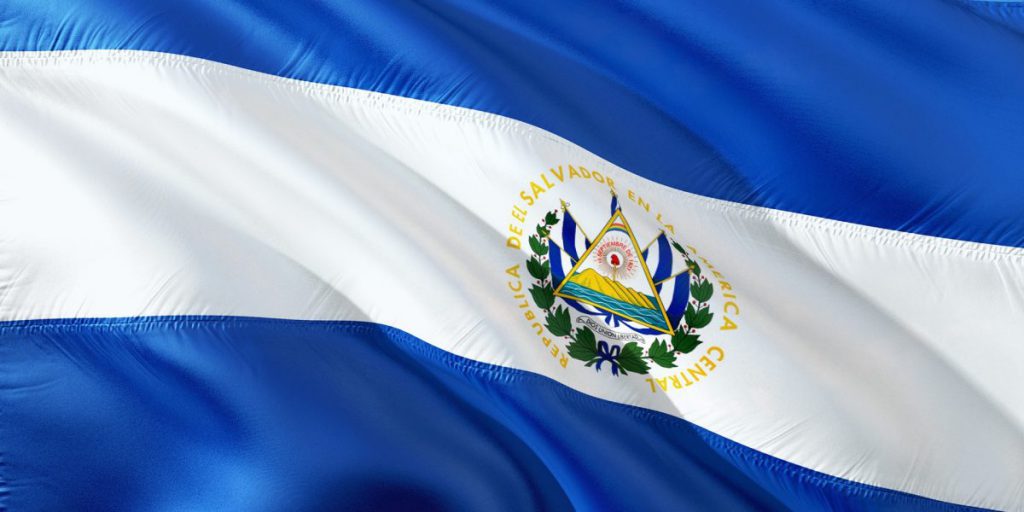- El Salvador just commemorated the first anniversary of its monumental Bitcoin policy, which memorably drew criticism from several camps.
- One year later, El Salvador lost approximately 58 percent of its initial investment due to the ongoing market downturn, with Bitcoin considerably down from its 2021 highs.
One year since El Salvador made history as the world’s first sovereign nation to make Bitcoin legal tender, things are looking frail. The tiny Central American country has invested heavily in the flagship cryptocurrency for its treasury since passing the Bitcoin Law last September.
El Salvador’s anniversary, however, comes amid a brutal bear market that has wiped out over 64 percent of BTC’s value over the last year.
El Salvador’s dull Bitcoin anniversary as the crypto bear market hits hard
President Nayib Bukele, who legalized Bitcoin as a legal tender alongside the U.S. dollar on September 7, 2022, stressed that the adoption would be beneficial to the majority of the citizens that were unbanked. He also suggested that it would create more jobs and attract foreign investments.
After embracing BTC, businesses in El Salvador were required to accept the dormant crypto if they had the necessary technological means to do so. The country spurred the use of its Chivo wallet by airdropping $30 in BTC to eligible citizens.
President Bukele also used public money to trade bitcoin admittedly on his phone, naked. According to the Bukele tracker website that monitors announcements by the eccentric millennial leader, the country is currently holding 2,381 bitcoins worth $44.5 million at today’s prices. To date, Bukele has led the country in splashing around $103 million on BTC.
As the price of Bitcoin has nosedived — down 72.6 percent from its historic high of $69,044 set last November — El Salvador’s stash has lost around 58 percent of its value, leading to spectators deeming the country’s bold bitcoin experiment an outright failure.
El Salvador Finance Minister Alejandro Zelaya, however, insisted that the Bitcoin bear market posed an insignificant risk to the country’s fiscal position. Moreover, no losses had been incurred as the country was yet to sell any of its coins.
El Salvador’s Bitcoin bet proves polarizing
El Salvador’s dream to become the bitcoin capital of the world has been marred by many setbacks.
President Bukele’s Bitcoin play has been slammed by the likes of the World Bank and the International Monetary Fund (IMF), who have raised a series of macroeconomic, legal, and financial concerns, and even asked the country to ditch the new law.
Citizens as well, have vehemently protested against the Bitcoin Law on multiple occasions, with the most notable demonstrations happening on the country’s independence day.
Ethereum co-founder Vitalik Buterin also famously lambasted Bukele over his Bitcoin bet, condemning the way it made it mandatory for merchants to accept the cryptocurrency as payment for their goods and services.
Others still believe there is plenty to celebrate about El Salvador’s wild Bitcoin gambit even as its Bitcoin position continues to shrink. BitTorrent creator and founder of Chia Network Bram Cohen, for instance, recently observed that “the amount of good something does isn’t very correlated with the amount of money it makes”. Bram claimed some Salvadoran banks have been forced to slash rates after the introduction of considerably cheaper bitcoin transactions in the country.
At the moment, El Salvador has put its plans for a volcano-powered tax-free Bitcoin city and the issuance of a BTC-backed bond on hold as the OG cryptocurrency remains in the clutches of the bears.
That being said, El Salvador’s utopian Bitcoin play could flop miserably, but there’s a possibility it becomes a success and creates wealth for the residents of the debt-ridden nation — and that makes it worth trying.


